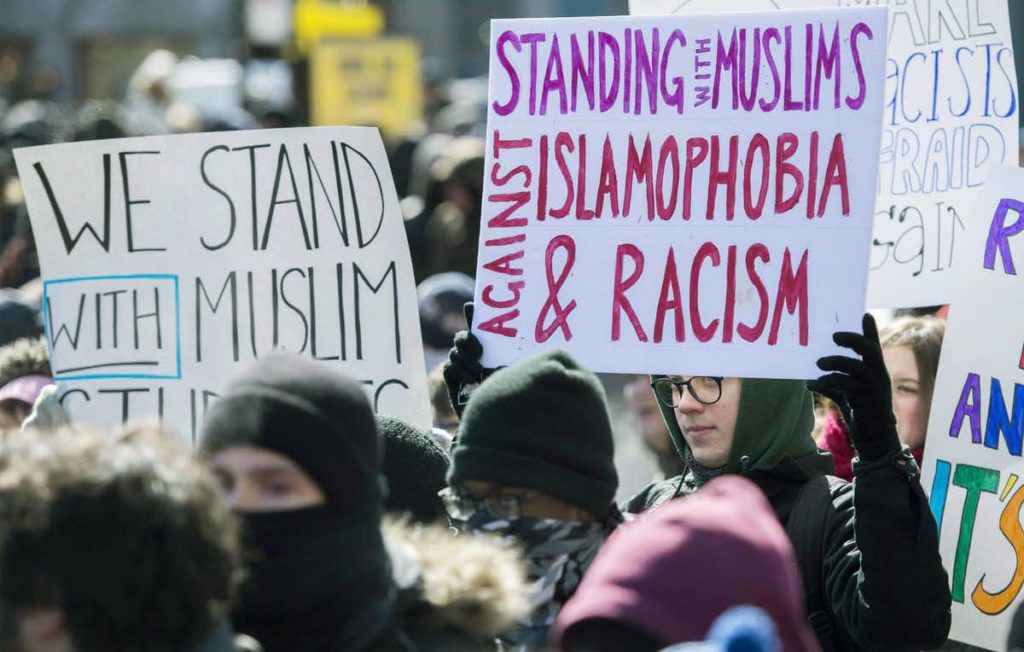
The inspiration for this article was born of frustration and heartache. It follows the murders of four intergenerational members of the Afzaal/Salman family that left a nine-year-old child injured and orphaned in London, Ont., on June 6, 2021.
It also follows ongoing injustice related to state-sanctioned racism of Bill 21 in Québec and a rash of hate attacks in Alberta, most of them targeting Black Muslim women in hijab. This year at least nine attacks in Edmonton were reported to police, seven of which resulted in criminal charges.
There is ongoing silence and erasure when it comes to anti-Muslim hate and Islamophobia in the education systems we and our loved ones inhabit. Although there is no one static understanding or definition of Islamophobia, we recognize it as a form of racism, structural and individual, that is rooted in long histories of empire and colonization.
We should examine multiple dimensions of Islamophobia that build and shape the realities of Muslim people through policy, social and economic structures and public representations across institutions and around the world. These manifestations shape the representations of Muslims and their embodied experience of “Muslimness” in Canada. It’s important to consider Islamophobia not only in daily hate crimes but also in daily indignities, silencing and injuries to Muslims’ sense of self and well-being.
Read the full article co-authored by York University Faculty of Education Ph.D. candidate Nada Aoudeh on The Conversation Website.
